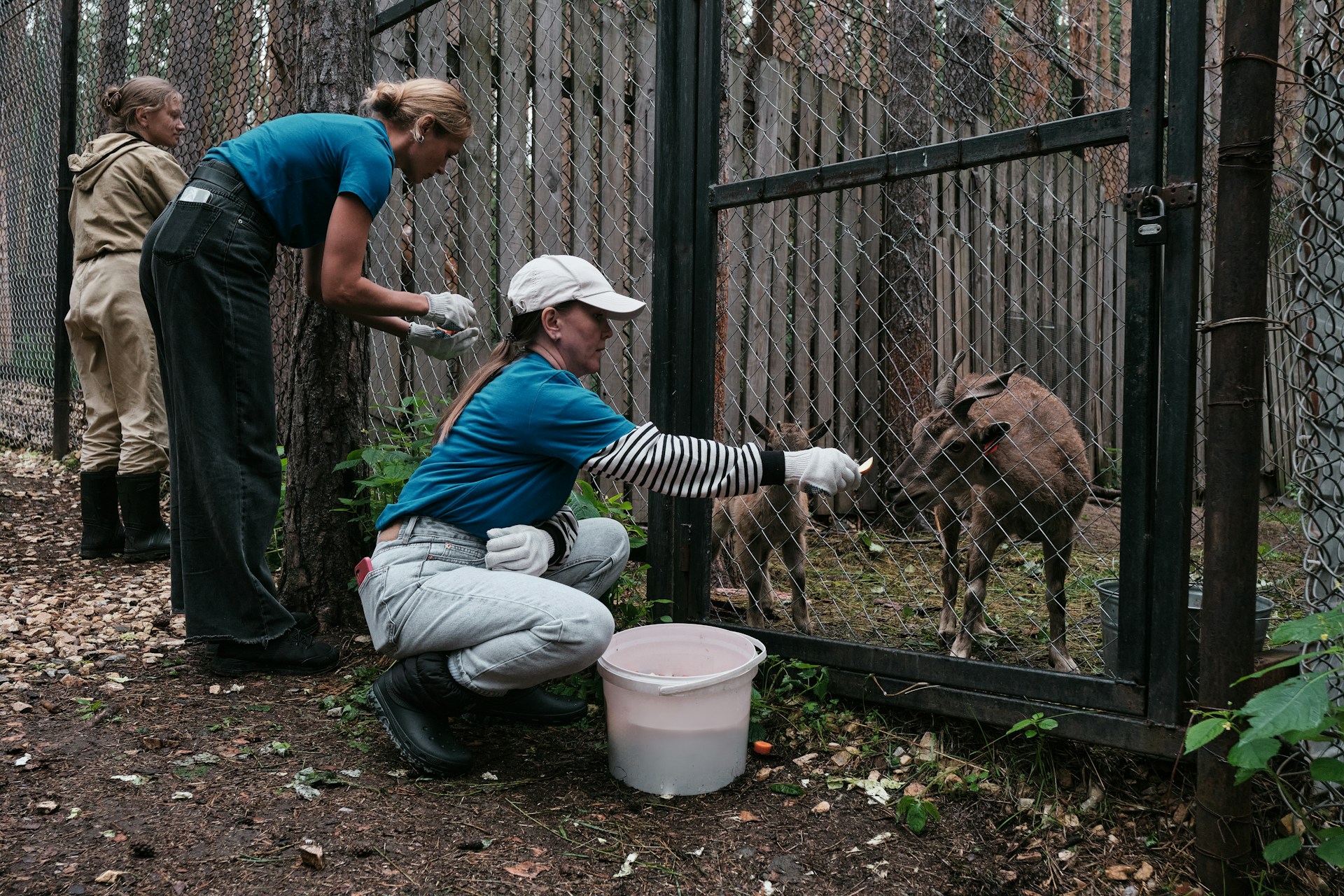
Animals across the globe face countless challenges—abandonment, abuse, habitat loss, climate change, and food scarcity. From stray pets wandering city streets to endangered species fighting for survival in the wild, their needs are urgent and ongoing. In the face of these difficulties, one robust response is emerging that is more potent than ever: compassionate giving. Individuals address these problems directly by donating to animals and contributing to a culture of care and responsibility. These donations do more than provide food or shelter—they deliver hope, healing, and the promise of a better future for needy animals.
The Impact of a Donation for Animals
The effect is tangible and measurable every time someone chooses to give, whether a small monthly gift or a significant one-time donation. A donation for animals can feed hungry shelter pets, fund surgeries for injured wildlife, rescue animals from abusive situations, and rehabilitate creatures displaced by environmental destruction. Each dollar stretches to meet critical needs, supporting rescue centers, shelters, sanctuaries, and advocacy groups.
The power of compassionate giving lies in its ability to turn concern into action. A concerned animal lover may feel helpless in the face of overwhelming global animal suffering, but a donation provides immediate assistance. It connects the donor directly with life-saving work and shows that even small gestures can generate meaningful outcomes.
Nonprofits working in animal welfare operate with tight budgets, and public donations are often their lifeline. Veterinary care, food, safe housing, staffing, and rescue transportation are expensive. Donations may fund a week’s worth of food for an entire shelter or allow a rescue team to respond to an emergency. These are not abstract concepts—they’re daily realities made possible by donors.
How to Choose the Right Organization
Giving is most effective when directed wisely. Choose organizations that demonstrate transparency, integrity, and proven effectiveness to ensure your donation to animals makes the most significant impact. Look for groups with a clearly defined mission, open financial statements, and stories that show real-life change. Accredited organizations often undergo independent audits and public reviews, making them reliable options for your contribution.
Different organizations focus on various aspects of animal welfare. Some help domestic pets through adoption and medical care, others specialize in wildlife conservation, and some focus on farm animal advocacy or ending animal testing. Depending on your values and interests, you can choose a cause that resonates deeply with you. This alignment enhances the personal significance of your donation.
Many nonprofits offer donor updates through newsletters, reports, or impact stories. This accountability helps donors see where their money is going and how it helps animals. It also strengthens trust, encouraging continued support over time.
Creative Ways to Make a Donation for Animals
While traditional monetary donations are always welcomed, there are many other ways to contribute meaningfully. In-kind donations—such as food, blankets, leashes, or cleaning supplies—can help local shelters stretch their resources. When in good condition, these items reduce overhead costs and ensure more funds go directly to critical care services.
You can also donate to animals through fundraising efforts. Hosting an online fundraiser, organizing community events, or celebrating your birthday by collecting donations instead of gifts are all effective methods. Some donors choose to sponsor a specific animal, funding its care until adoption or recovery. Others donate in honor of a loved one or to commemorate a pet’s memory, transforming grief into positive action.
Recurring monthly donations are invaluable. They provide stability and allow organizations to plan more effectively. Many shelters and rescues now offer auto-donation options, enabling supporters to contribute automatically and ensuring consistent support with minimal effort.
Additionally, skills-based volunteering—graphic design, legal consultation, marketing, or veterinary assistance—is an increasingly valued donation form. Your time and talent can significantly improve how an organization runs and raise awareness.
Building a Culture of Giving and Kindness
Choosing to donate to animals is more than a single act—it’s part of a more significant cultural movement rooted in compassion. When people embrace kindness toward animals, they nurture empathy, responsibility, and ethical behavior in their communities. This cultural shift affects how children learn about animals, how adults treat them, and how laws are shaped to protect their welfare.
Supporting educational programs is one way donations contribute to long-term change. These initiatives teach children to care for animals, inform the public about proper pet ownership, and raise awareness about endangered species. Donations fund school visits, printed materials, social campaigns, and online resources to spread compassion and understanding.
Advocacy is another area powered by donors. Legislative change often requires intense lobbying, data collection, and campaign building, none of which are possible without financial backing. Your donation for animals might help fund research that supports a ban on cruel practices or fuel petitions that pressure governments to enforce stricter animal welfare laws.
By supporting these broader efforts, donors go beyond helping individual animals—they invest in the systems that shape how animals are treated everywhere.
A Kinder World Starts with Us
Every donation for animals represents a choice—a conscious decision to care. Whether donating to your neighborhood shelter or an international wildlife organization, you are part of a global community of individuals committed to compassion. This collective effort brings real change and offers hope in a world where animals suffer silently.
As more people join in compassionate giving, the momentum grows. Lives are saved. Habitats are preserved. Laws are changed. And perhaps most importantly, the human-animal bond deepens. By showing kindness to animals, we show the best of humanity.
There’s no better time than now to act. Even the smallest donation can begin something bigger—a step toward a world where every animal is treated with dignity and love, no matter how small or forgotten.